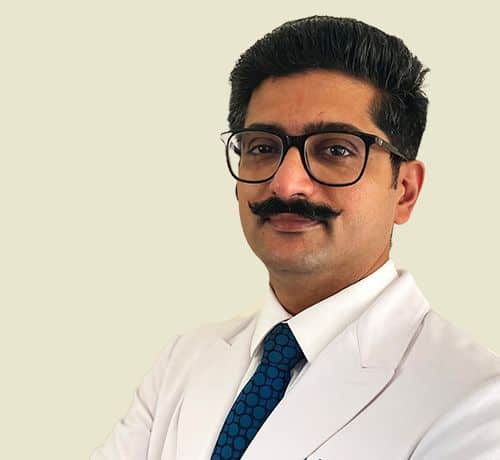A shoulder dislocation is a very common orthopaedic injury which can be a devitalizing and painful scenario. But to reason with- why your shoulder keeps dislocating can take a lot of time. And it might be very difficult for you to understand if you are not from a medical background. But this article will bridge the gap and help you get the ultimate treatment. To begin with, let’s start with the basic shoulder anatomy, shall we?
The Mechanism and Structure of Shoulder Joints
It generally poses as a ball and socket-type synovial joint and can be described as a coupling between the head of the humerus and the glenoid cavity of the scapula. Resembling most synovial joints, the coupling surfaces are covered with cartilage. To stabilize the entire movement of your shoulders, there are several ligaments involved along with the rotator cuff muscles, and the biceps tendon.
Now that you have a clear understanding of the structure and working principle, let’s take a deep dive into the causes of recurrent shoulder dislocation in most patients-
The primary factor in this kind of recurrent shoulder ailment is a previous acute trauma to the left or right joint, which convulses the congruence of the articular surfaces. The integrity of the shoulder structure leads to the fact that there is a high risk of recurrent dislocation of the humeral head from the articular cavity.
Let’s go to the basics to understand the risk factors behind it. This is because unless you know them, you won’t be seeking help according to the actual condition, right? So, remember your injury to your shoulder for the very first time. It might be a sport or an athletic stunt. Here, you have to recall that it resulted in an anterior dislocation.
The Risk Factors
Now, it is high time that you get aware of the risk factors as given below-
- Participation in Sports: Yes, participation in any kind of sports such as American football, rugby, or even Judo can pose a small to minimal risk of recurrent shoulder dislocation.
- With a dislocation history: Younger patients i.e. whose age is within 20 years, it is reported that they have a chance of suffering from recurrent shoulder dislocation which touches as high as 90% probability. And, according to some published medical reports, this percentage decreases with higher age brackets. The first dislocation can put pressure on the tissues enveloping the shoulder joint, causing the shoulder to be unstable and resulting in subsequent dislocation. The medical nomenclature for shoulder dislocations is chronic shoulder instability.
- Genetics: In nature, some patients have a high lax, pliable tissues in the body, including those who may be categorized as “double-jointed”. In this scenario, they might experience a shoulder dislocation without prominent pain or injury. These populations may have a high chance of experiencing subluxations (partial dislocations) in which the joint shifts back to its original place. Most of the patients suffering from this medical condition learn to position their shoulders in the correct place by themselves. But when a shoulder dislocation occurs, it is highly recommended that patients should consult an experienced physician.
Treatment and Prospects
Diagnosis before recurrent shoulder dislocation treatment is easy with all the necessary steps such as radiographs, CT scans, Ultrasound, and MRI. And its treatment can be done in two ways- (a) Conservatively: where approaches include physical therapies, massages, electric current application on rotator cuffs, and physiotherapy (b) Shoulder Dislocation Surgery: Involving Arthroscopy Bankart reconstruction with best results for those who don’t have a defect in the bone structure such as Hill-Sachs lesion. But in case of some defect, the operation is executed to replace it exercising transposition of the clavicular methodology (Latarjet-Bristow operation). Factually, this surgical procedure also renders a high success rate.
To get your recurrent shoulder dislocation treated holistically, the best way would be to get yourself the best consultation from an experienced orthopedic surgeon. Your best bet would be to get an appointment with one such surgeon from the shoulderandkneeclinic.com.


